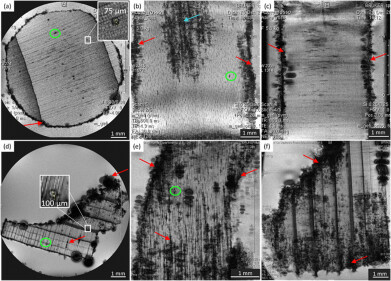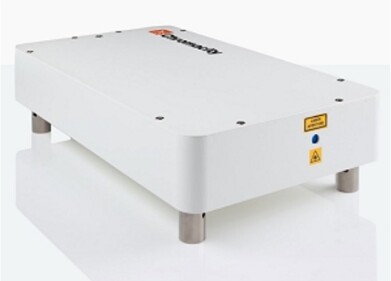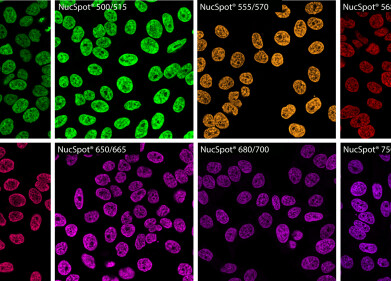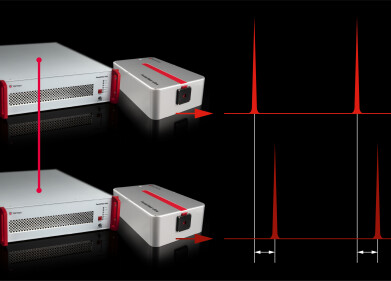Microscopy & Microtechniques
New ?hands-free? Approach to Managing, Observing and Recording Cells in Culture
Oct 24 2006
The ability to avoid fluctuations in temperature, humidity and gas concentration associated with the movement of cell cultures from an incubator to a microscope will make the BioStation IM of great interest to everyone working in live cell imaging including regenerative medicine; toxicology; drug discovery; and biologically-based drug production.
Constantly maintaining an optimum environment should improve the consistency of cell growth and reduce the variability of experimental data. Research indicates that even subtle variations can induce epigenetic changes in the karotype, which could be a problem in stem cell research. Furthermore, the hands-off approach exemplified by BioStation IM reduces the scope for contamination.
Nikon's new BioStation IM is a bench-top system specifically designed for single-user, single experiment, time-lapse recording of cells in culture. It has an optical system with a special anti-drift design that ensures images are always kept in sharp focus,, enabling accurate time-lapse readings to be taken over a period of days.
Cultures can be imaged at both the macro and the micro 10x to 80x under phase contrast, using special lenses that provide the highest possible contrast with the least amount of ?halo' for clear viewing of cellular organelles. It is also possible to observe the cells under epi-fluorescence illumination and it also comes in two versions, one with a long working distance lens to work with plastic petri dishes and another with a high numerical aperture lens to get the best results with thin bottom glass petri dishes. Viewing is via an integrated, digital camera, with images being made available via an external computer linked to the IM.
The Biostation IM is designed to help determine the exact conditions that will promote optimal growth in an experiment, so that growth can occur on a mass scale. "This is a great step forward for live cell care and signifies the commitment Nikon have in continuously improving resources, techniques and equipment for improved live cell imaging", says Robert Forster, General Manager of Nikon Instruments UK.
Digital Edition
Lab Asia 31.6 Dec 2024
December 2024
Chromatography Articles - Sustainable chromatography: Embracing software for greener methods Mass Spectrometry & Spectroscopy Articles - Solving industry challenges for phosphorus containi...
View all digital editions
Events
Jan 22 2025 Tokyo, Japan
Jan 22 2025 Birmingham, UK
Jan 25 2025 San Diego, CA, USA
Jan 27 2025 Dubai, UAE
Jan 29 2025 Tokyo, Japan



















